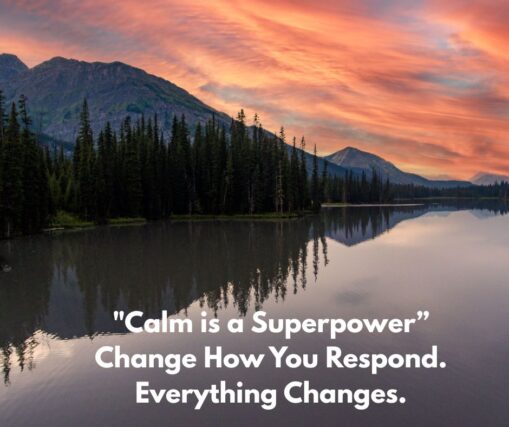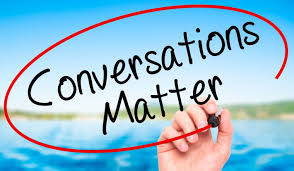
Liz, a coaching client of mine, had a conversation with a co-worker that left her feeling hurt, angry, and completely misunderstood.
Her co-worker said something she perceived as a direct attack on her character.
When she tried to explain, the co-worker wouldn’t listen—and just kept repeating her point of view.
Liz told me:
“When someone falsely accuses me and won’t let me explain, it brings up a deep anger in me. I will defend myself and it might not end well.”
But instead of staying stuck in blame or defensiveness,
Liz used the emotional intelligence tools we had practiced in our sessions together.
It allowed her to make a conscious choice to respond differently—
She didn’t just react.
She reclaimed her emotional power.
And as a result, her anger started to soften,
her hurt began to heal,
and she even became open to seeing how her co-worker may have misperceived her actions.
That’s the difference Emotionally Smart Communication can make.
She stood up for herself—but in a smarter, emotionally grounded way that led to a far more empowering outcome.
💥 Hot Buttons: What They Are and Why They Matter
We all have emotional “hot buttons.”
Most were created in childhood—and they’ve been reinforced over the years through repeated emotional reactions.
When someone says or does something that stings more than it should, it’s usually not just them.
It’s your internal wiring lighting up.
🧠 Try This: Mindful Reaction Reset
Next time you feel yourself getting emotionally activated, try this:
- Take responsibility for your reaction.
It’s yours. That’s where your power is. - Name what you’re feeling.
Is it anger? Hurt? Shame? Fear? Naming it helps disarm it. - Drop the story.
Stop playing the mental drama where they’re the villain and you’re the victim. That story adds fuel to the fire. - Feel it. Name it. Own it.
Then explore what old wound might be under the surface.
The more often you practice this, the less power those buttons will have—and the more peace and clarity you’ll find in the moment.
✋ But Here’s the Truth…
Doing this work on your own is hard.
When you’re caught up in your emotions,
it’s almost impossible to spot your own blind spots.
You can’t see the hidden patterns that keep pulling you back into the same hurt, frustration, or anger.
That’s why working with someone who can gently reflect those patterns back to you—and help you shift them—is so powerful.
You don’t just need more information.
You need personal guidance.
You need a mirror that shows you what you can’t see yet…
so you can finally respond differently, feel differently, and live differently.
And that’s exactly what I help my clients do.
🌟 Imagine This…
What if the things that used to set you off…
barely stirred you anymore?
What if you could hear a harsh comment,
a misunderstanding,
even a false accusation—
and stay steady, clear, and calm inside?
Imagine no more racing heart.
No knot in your stomach.
No endless replaying conversations in your head.
Just peace.
Confidence.
Freedom.
The power to stay grounded in who you are
no matter what anyone else says or does.
✨ That’s what happens when you learn to deactivate your hot buttons.
✨ That’s what emotional intelligence makes possible.
And it doesn’t just change how you feel inside.
Imagine the Impact on Your Relationships
Less conflict.
More understanding.
Deeper connection.
Stronger trust.
When you change how you respond, you change the emotional climate around you.
And sometimes, that’s exactly what invites others to change too.
💬 If you’re ready to experience that kind of emotional peace—and the powerful impact it can have on your relationships—let’s talk.
👉 Schedule your free consultation here
Because staying calm isn’t just a skill.
It’s a SUPERPOWER.
And it’s waiting for you.
Fay
Emotional Intelligence Guide and Coach
“When you calm the storm inside you, the storms around you lose their power.”
— Fay Prairie





